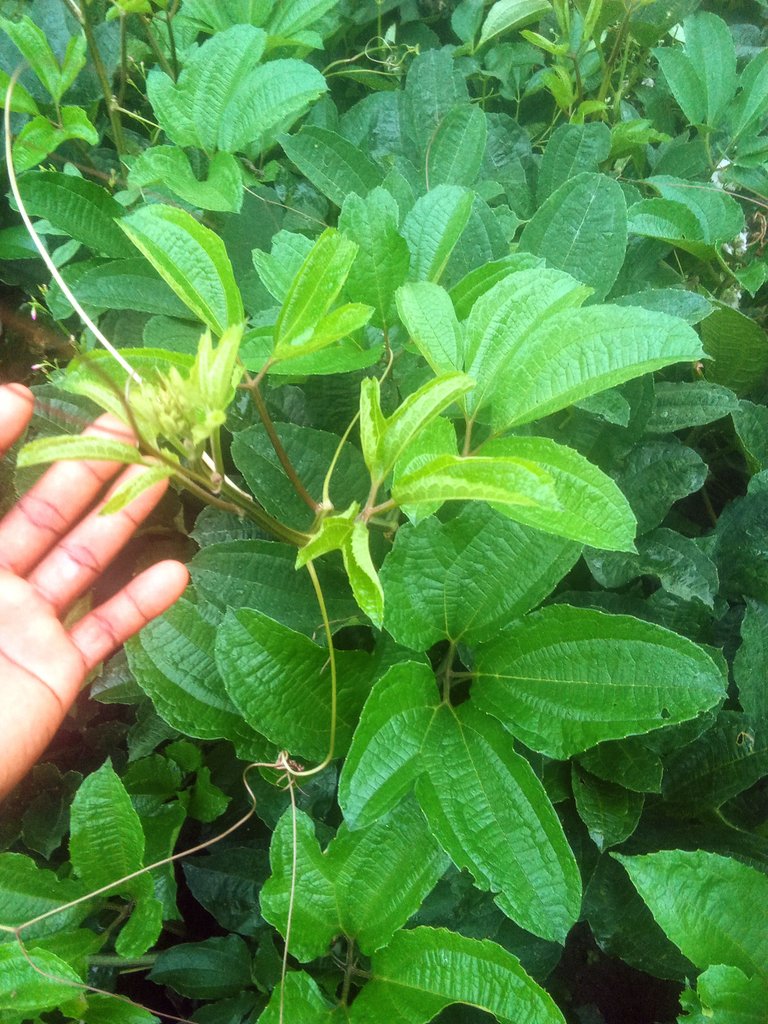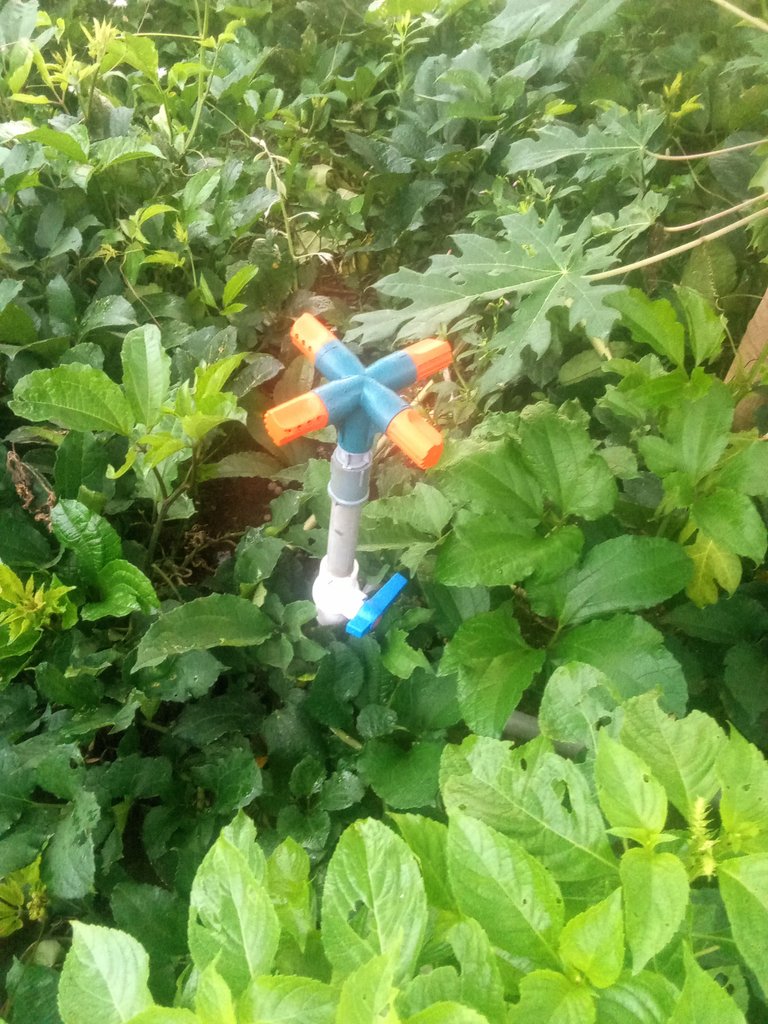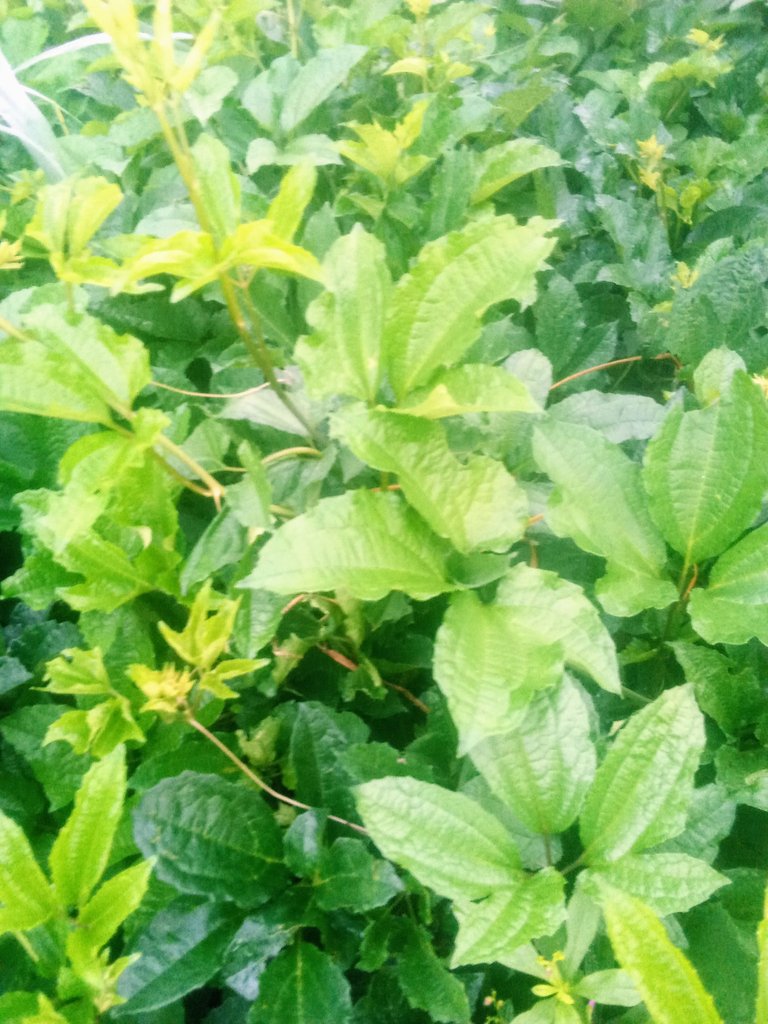
Have you ever thought about growing your own vegetables at home? It’s not just about saving money—it’s about having fresh, nutritious food right at your fingertips. One of the best vegetables you can grow is the Nigerian pumpkin, also known as "Ugu" (Telfairia occidentalis). It's packed with nutrients, easy to grow, and in high demand. Let’s dive into how you can start your own Nigerian pumpkin farm, keep it thriving, and enjoy the benefits of home gardening.
Getting Started with Your Ugu Farm
- Find the Right Spot
Ugu loves the sun and well-drained soil. Pick a spot in your backyard with plenty of sunlight. If your soil isn’t fertile, mix in some compost or organic manure to give your plants a healthy boost.
- Choosing and Planting Seeds
Good seeds mean good harvests! Get quality Ugu seeds from a trusted source. To speed up germination, soak them overnight before planting. Plant each seed about 2-3 cm deep and space them out so they have room to spread.
- Watering and Caring for Your Plants


Water your plants regularly, especially in dry weather, but don’t overdo it—too much water can cause root rot. Mulching (covering the soil with dry leaves or grass) helps keep moisture in. Since Ugu vines can grow wild, support them with stakes or trellises.
- Keeping Pests and Diseases Away
Like all plants, Ugu can be attacked by pests like caterpillars and aphids. Check your plants regularly and use organic pesticides or neem oil to keep them safe. If you notice any diseased leaves, remove them immediately.
- Harvesting Your Ugu Leaves
Within 4-6 weeks, your Ugu will be ready for harvest! Use a knife or scissors to cut the mature leaves carefully. The good news? Your plant keeps growing, so you’ll have a continuous supply of fresh greens.
Taking Your Ugu Farm to the Next Level

Crop Rotation: To keep your soil rich, don’t plant Ugu in the same spot every season—rotate it with other crops like beans.
Composting: Make your own organic fertilizer using kitchen scraps and farm waste.
Selling Your Produce: There’s always demand for Ugu. Sell your fresh leaves at local markets, to restaurants, or even package dried leaves for sale.
Why You Should Grow Your Own Vegetables
- Healthier Meals
Ugu is rich in vitamins A and C, iron, and calcium—great for boosting immunity and keeping you strong.
- Save Money
Why spend money on store-bought veggies when you can grow your own? It’s cost-effective and rewarding.
- Help the Environment
Growing your own food reduces pollution from transport and pesticides while improving air quality.
- Earn Extra Income
With a little effort, your home garden can become a side business. Ugu is always in demand, so why not sell some?
- Food Security
Having a garden means you always have fresh food, no matter what’s happening in the market.
Starting an Ugu farm at home is easier than you think. With the right care, you’ll have fresh, delicious vegetables in no time. Whether you grow for personal use or business, this is a great way to stay healthy, save money, and even make some extra cash. So why not start today?
@agriculturalmindset
@mattsanthonyit
Congratulations @investoedia! You have completed the following achievement on the Hive blockchain And have been rewarded with New badge(s)
Your next target is to reach 40 posts.
You can view your badges on your board and compare yourself to others in the Ranking
If you no longer want to receive notifications, reply to this comment with the word
STOPCheck out our last posts:
@tipu curate
Upvoted 👌 (Mana: 17/37) Liquid rewards.